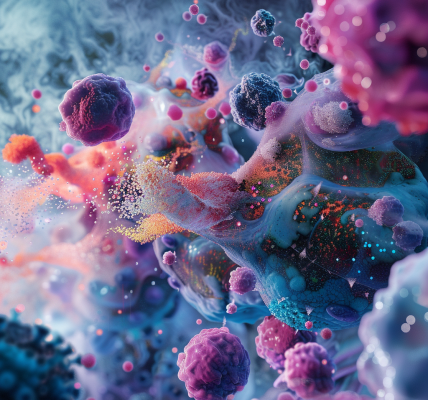The latest research has delved into the cognitive recovery of participants in a study, shedding light on a potential breakthrough in post-stroke treatment. A preliminary study conducted across multiple centers in China has revealed promising findings regarding the use of ginkgo biloba components for cognitive recovery in ischemic stroke patients.
The study, which focused on the effects of ginkgo diterpene lactone meglumine (GDLM) on 3,163 stroke survivors, demonstrated significant improvements in cognitive scores compared to a placebo group. The results indicate that stroke survivors treated with GDLM exhibited notable cognitive enhancement, suggesting potential benefits for post-stroke recovery.
Ginkgo biloba, an herb traditionally used in China and renowned for its antioxidant properties, forms the basis of the GDLM injections. The study’s positive outcomes have sparked the call for more extensive trials to validate the safety and effectiveness of GDLM in stroke recovery, emphasizing the cautious integration of complementary medicines into cardiovascular care.
The neuroprotective properties of GDLM, encompassing antioxidation and anti-inflammation, present a new avenue for enhancing post-stroke cognitive function. However, the study, funded by the drug’s manufacturer, underscores the necessity for further research to confirm the efficacy and safety of GDLM before considering its clinical use.
The potential of intravenous injections of ginkgo biloba components to improve early cognitive recovery in ischemic stroke patients will be presented at the American Stroke Association’s International Stroke Conference 2024 in Phoenix. This preliminary study’s findings have significant implications for post-stroke treatment and are set to be a focal point at the upcoming conference, a premier event for researchers and clinicians dedicated to the science of stroke and brain health.
Ginkgo biloba, derived from the dried leaves and seeds of the gingko tree, has a long-standing history in traditional Chinese medicine and is available as a supplement in the U.S. The compounded therapies of its active ingredients, administered intravenously, are widely utilized in China for stroke treatment, leveraging its potential antioxidant properties to safeguard nerve cells from damage.
It is important to note that ginkgo biloba is not FDA-approved for any medicinal use in the U.S., and the National Center for Complementary and Integrative Health emphasizes the lack of adequate evidence to support non-FDA approved applications. While the study’s results offer promising insights, further research is essential to ascertain the full potential of GDLM in stroke recovery and ensure its safe integration into clinical practice.





